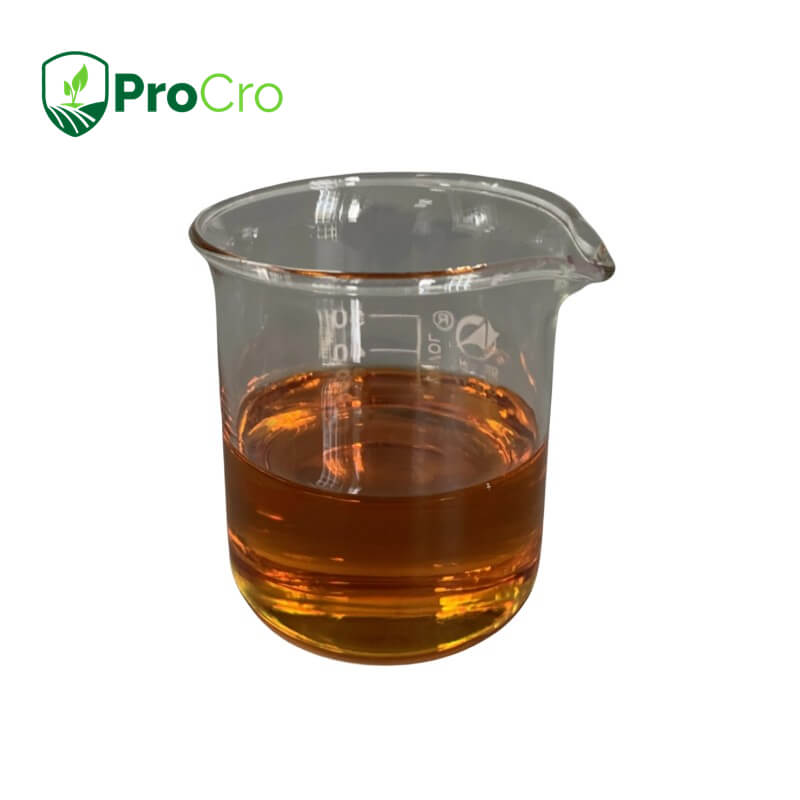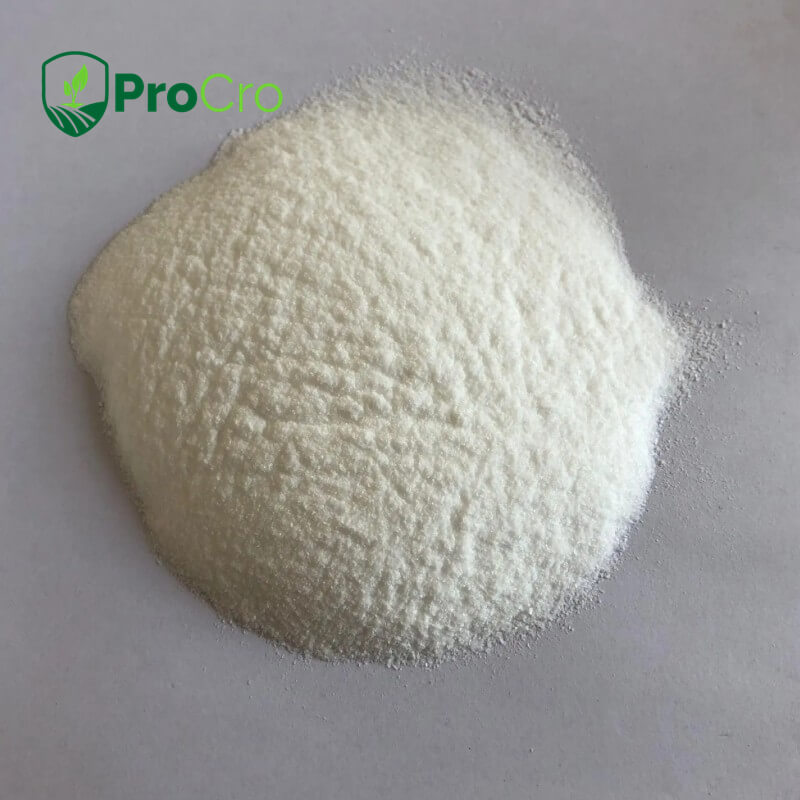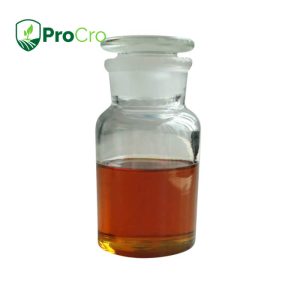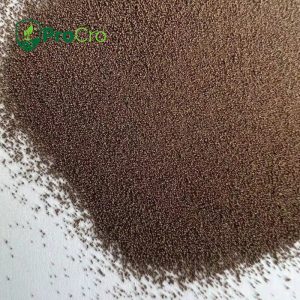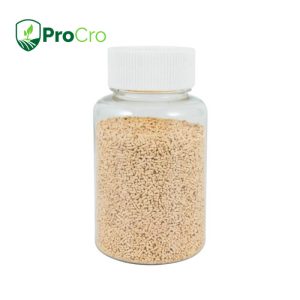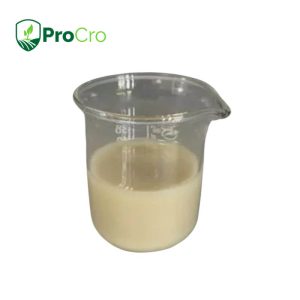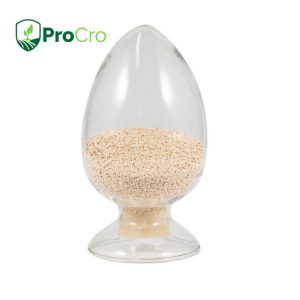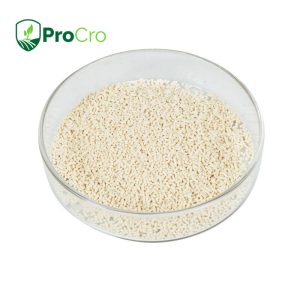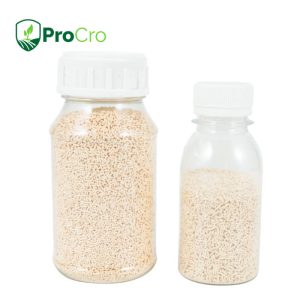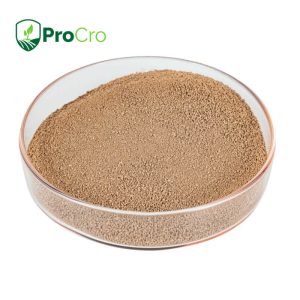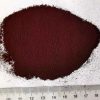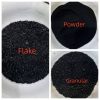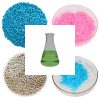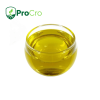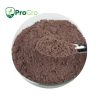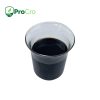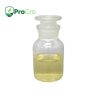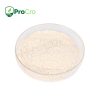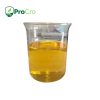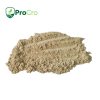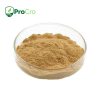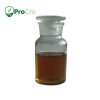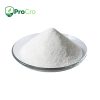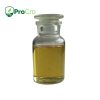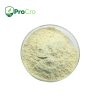Features of Quizalofop-P-Ethyl
- Safety: Effectively targets both annual and perennial grass weeds, safe for broadleaf crops such as various legumes, peanuts, and vegetables.
- Quick Action: Rapidly penetrates the weed tissues, causing swift damage to the weeds.
- Stable Efficacy: Provides reliable effectiveness, not easily affected by weather conditions.
- Rain Resistance: Has good resistance to rain; if it rains 1-2 hours after application, it has little impact on efficacy, so there is no need for re-spraying.
- Adverse Weather Performance: Under extreme weather conditions like high temperatures and dryness, when applied to the leaves of crops (mainly soybeans), there may be localized contact spots. However, the newly grown leaves will develop normally afterwards, with no impact on later growth and no effect on yield.
- Observation Period: Generally, damage to the weeds’ heart leaves can be observed 5-7 days after application, with complete root death in 10-15 days.
- Timing of Application: It is most effective when applied before the grass weeds reach the 4-leaf stage. When the grass is older, an increased dosage may be needed for better control. If the grass is too mature or has begun to head, the efficacy will be very poor. Additionally, applying Quxingling during the flowering period of soybeans has poor effectiveness.
Product Details of Quizalofop-P-Ethyl
| Product name | Quizalofop-P-Ethyl |
| Tech grade | 97%TC |
| Formulation | 5%EC,12.5%EC |
| Molecular formula | C19h17cln2o4 |
| CAS No. | 100646-51-3 |
| EINECS No. | 600-119-3 |
| Shelf life | 2 Years |
Application
- Economic crops: rapeseed, tobacco, cotton, peanuts, flax, etc.
- Vegetable category: Generally, vegetables are not grasses, so most can be included, such as soybeans, potatoes, sugar beets, carrots, garlic, scallions, celery, chives (wild onion), fennel, onions, asparagus, garlic chives, daylilies, huanglian (Chinese goldthread), bai zhi (white peony), fangfeng (siler), maidong (Ophiopogon), chuangxiong (Chuanxiong), chili peppers, peas, fava beans, pumpkins, peppers, tomatoes, eggplants, cabbage, lettuce, melons, cauliflower, cucumbers, and onions.
Note: ① If there are some spots on vegetable seedlings, watering more can solve the problem. ② When used under dry conditions, there may be slight phytotoxicity to soybeans, but they recover quickly and will not affect yield. - Fruit category: strawberries, citrus fruits, grapes, plums, pears, apples, pome fruits, peaches, and watermelons, etc.
- Forestry nurseries, nurturing young forests, alfalfa, etc.

